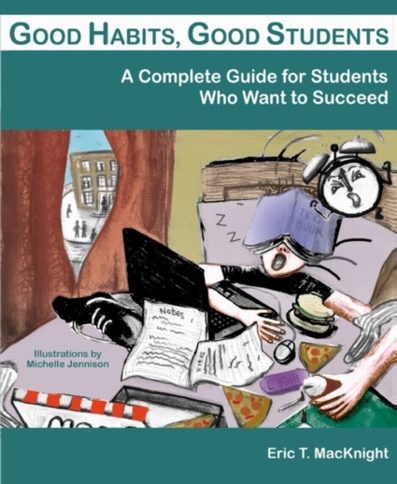Apologize, fix it, and move on.
What should you say if you’re caught doing something wrong? Apologize, first. Then, if you can do anything to repair the damage, do it.
All of us make mistakes. The question is, how do we respond to them? If we try to weasel out of trouble, point the finger at others, and deny responsibility, all we do is make ourselves look bad and lose the respect of those around us. All we do is show the adults involved that we are still acting like little kids. So if you get caught, don’t say, “It wasn’t me.” Or, “Those other guys were doing it first.” Or, “I didn’t know.”
If you make a mistake, have the courage to say, “I messed up, and I’m sorry. How can I fix it, or make up for it?” Then follow through. People are ready to forgive you—but only if you’re ready to take responsibility. Apologize, fix it, and move on. That kind of response will earn admiration and respect.
I once saw two students sweeping the entranceway to their school after having been caught for a minor misdeed. One of them saw this task as a punishment, while the other saw it as doing service to the school. The first one was angry at being caught and still refused to accept responsibility for what he had done. The second had admitted his mistake, apologized, and asked what he could do to balance the scales. It wasn’t a big deal, but this incident spoke volumes about each of these two individuals. They were the same age, but one was still a boy, while the other was clearly a young man on the way to becoming a responsible adult.
A few words about cheating
Have you ever copied homework from a friend? Used a “cheat-sheet” during a test? Plagiarized an essay or report? Far too many students would answer “yes.”
Why do students cheat?
First, because they are desperate. Bad habits have put them into a corner: their homework’s not done, they aren’t ready for the test, or they’ve put off writing the paper that’s almost due.
Second, they’re still thinking like little kids instead of responsible young adults. They think that if they “get away” with cheating, they will be better off. They don’t realize that they are only cheating themselves. If they earn good grades for work they didn’t do, they aren’t learning what the work was supposed to teach them. And no matter who else believes them, they will look into the mirror and see a cheater.
What’s the right thing to do if you find yourself in a corner and make the wrong choice? You already know: take responsibility. Apologize, fix it, and move on. Then when you look in the mirror, you won’t see a cheater. You’ll see someone who messed up but was courageous and smart enough to be honest about it.

